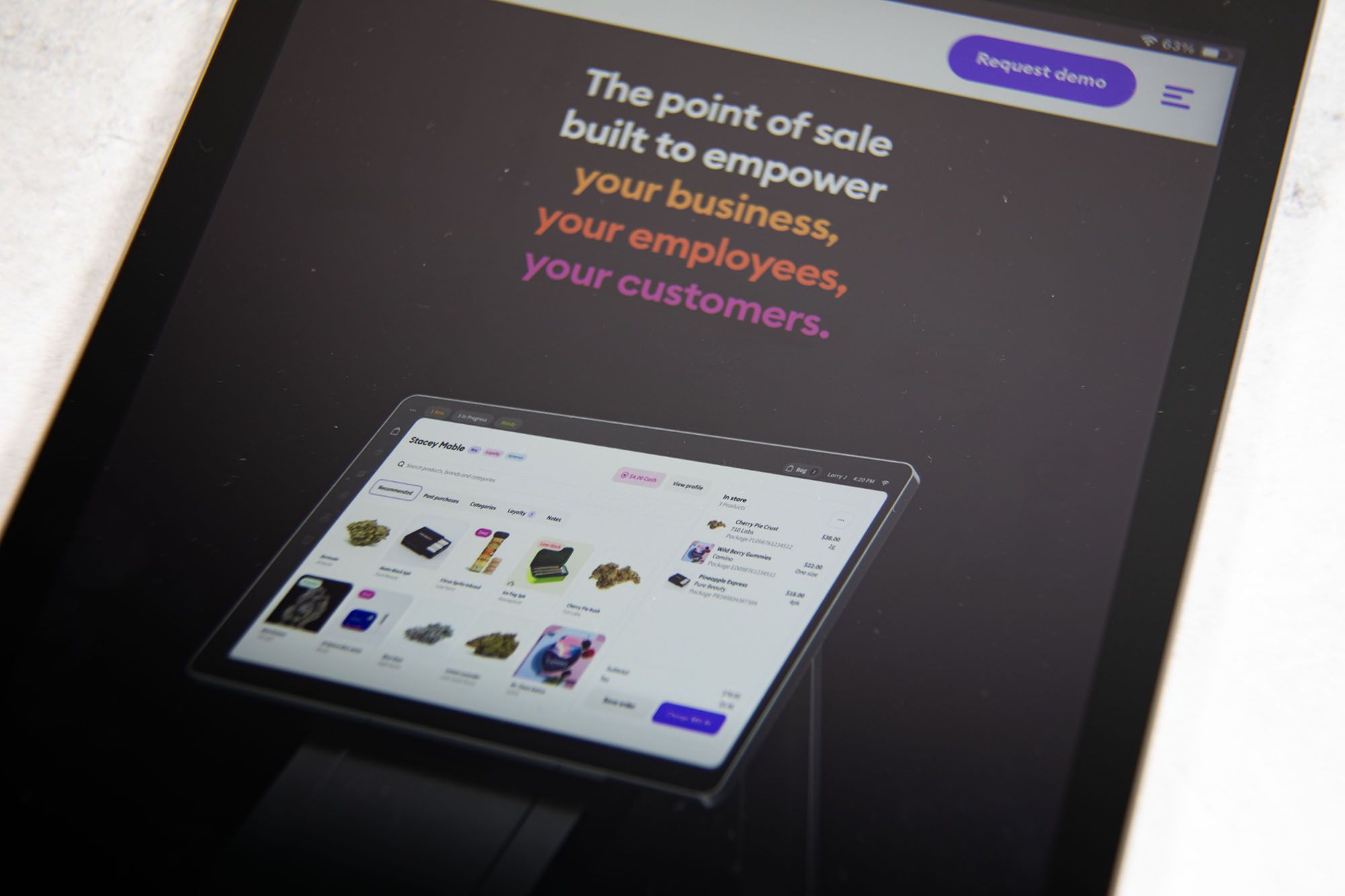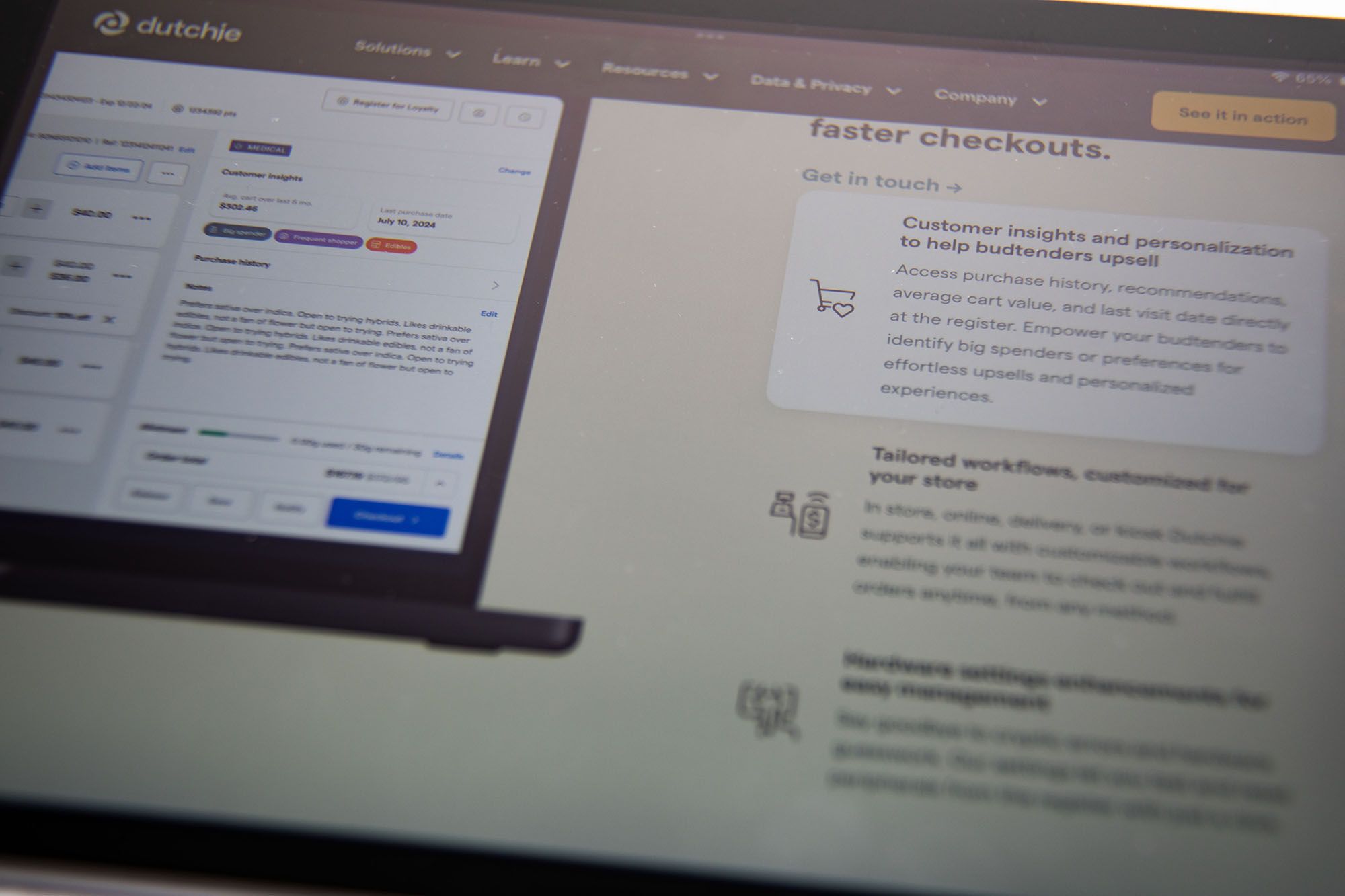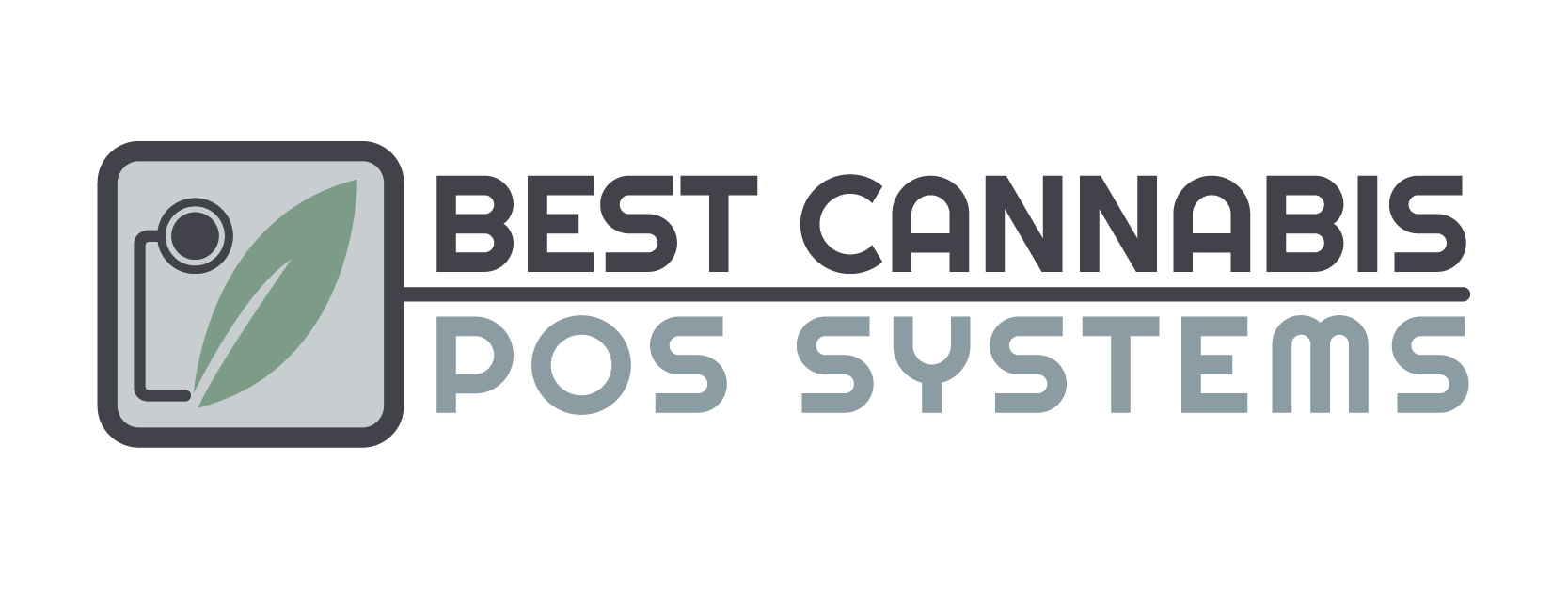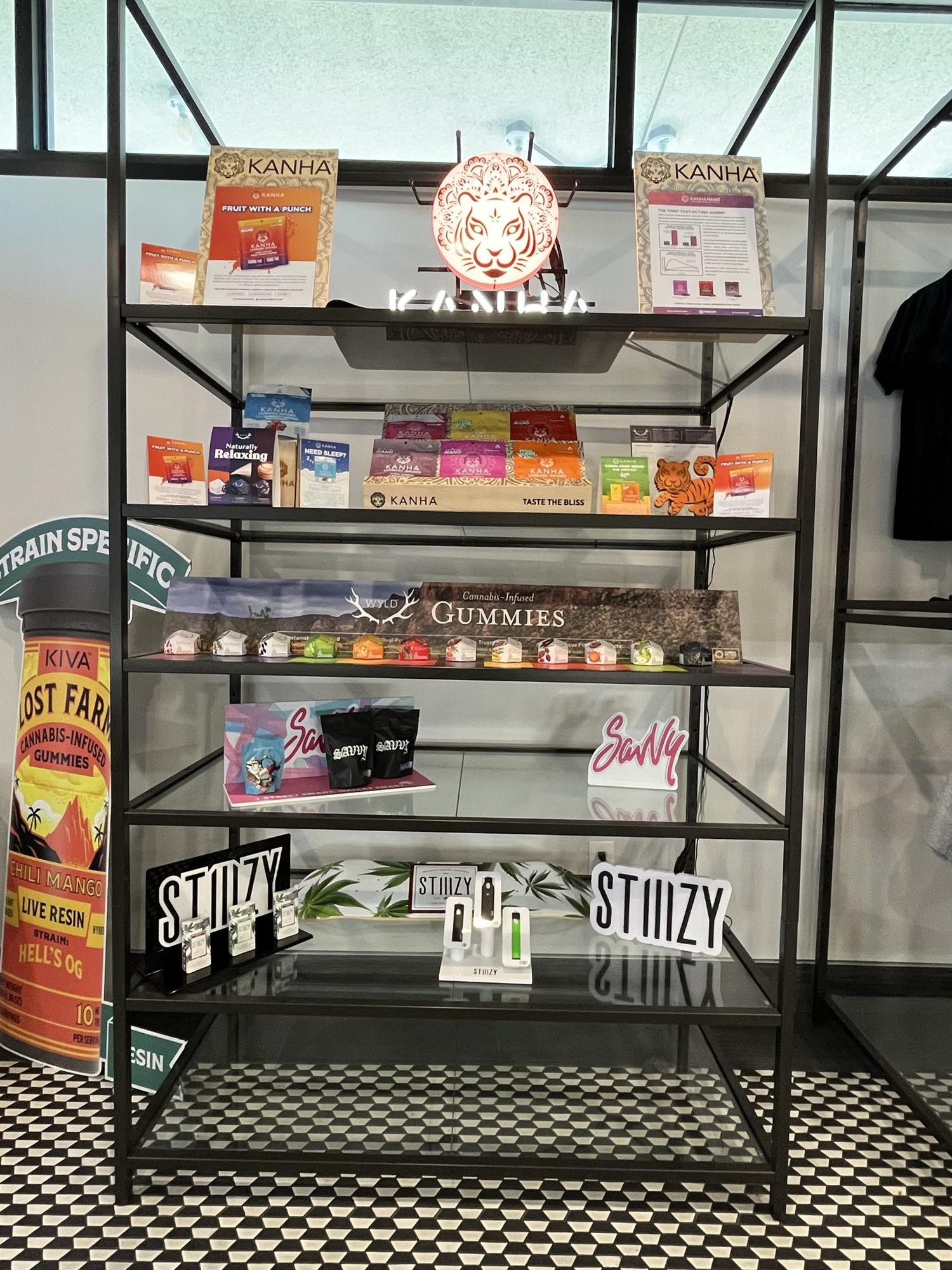-
The Secure Path to Cannabis Retail Growth
Read more: The Secure Path to Cannabis Retail GrowthThe cannabis retail industry is booming, with legal sales projected to exceed $50 billion annually in the United States alone by 2030. However, this explosive…
Latest Blog Posts
-

Choosing the Right POS for Your Cannabis Business in 2025
The cannabis industry in 2025 continues to experience rapid growth, tighter regulations, and increased competition. Whether you’re launching a new dispensary or scaling a multi-location…
-

POS Data Dashboards: Key Metrics Every Dispensary Manager Should Track
In today’s data-driven retail landscape, cannabis dispensary managers have more power than ever at their fingertips—thanks to sophisticated POS (point-of-sale) systems and the dashboards they…
-

The Role of AI and Machine Learning in the Future of Cannabis POS
As the cannabis industry matures and expands, technology continues to play a central role in shaping its retail experience. Point-of-sale (POS) systems, once simple transaction…

